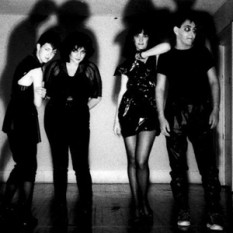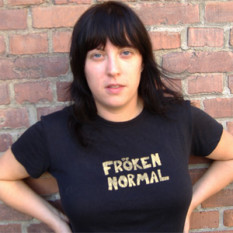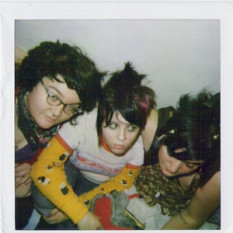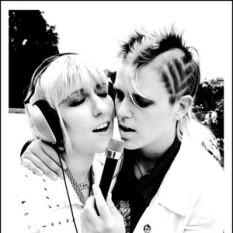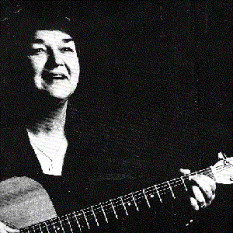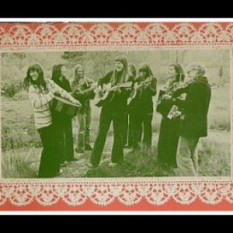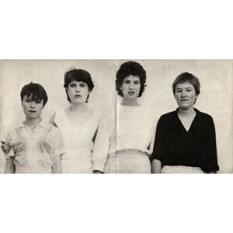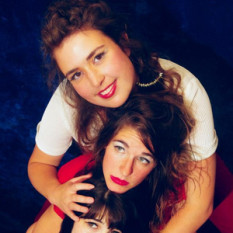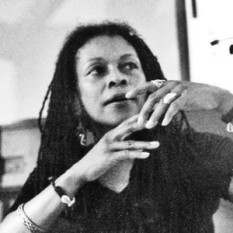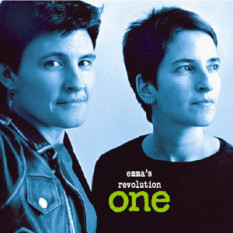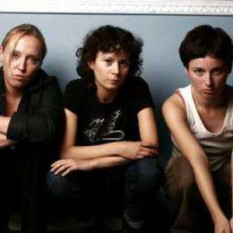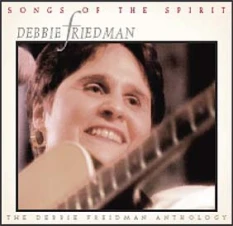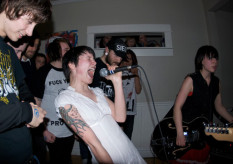Women's music (or womyn's music or wimmin's music) is the music by women, for women, and about women. The genre emerged as a musical expression of the second-wave feminist movement as well as the labour, civil rights, and peace movements. The movement was started by lesbians such as Cris Williamson, Meg Christian, and Margie Adam, African-American women activists such as Bernice Johnson Reagon and her group Sweet Honey in the Rock, and peace activist Holly Near. Women's music also refers to the wider industry of women's music that goes beyond the performing artists to include studio musicians, producers, sound engineers, technicians, cover artists, distributors, promoters, and festival organizers who are also women. Riot grrrl is an underground feminist hardcore punk movement described in the cultural movements section of this article.
Feminism became a principal concern of musicologists in the 1980s as part of the New Musicology. Prior to this, in the 1970s, musicologists were beginning to discover women composers and performers, and had begun to review concepts of canon, genius, genre and periodization from a feminist perspective. In other words, the question of how women musicians fit into traditional music history was now being asked. Through the 1980s and 1990s, this trend continued as musicologists like Susan McClary, Marcia Citron and Ruth Solie began to consider the cultural reasons for the marginalizing of women from the received body of work. Concepts such as music as gendered discourse; professionalism; reception of women's music; examination of the sites of music production; relative wealth and education of women; popular music studies in relation to women's identity; patriarchal ideas in music analysis; and notions of gender and difference are among the themes examined during this time.
While the music industry has long been open to having women in performance or entertainment roles, women are much less likely to have positions of authority, such as being the leader of an orchestra. In popular music, while there are many women singers recording songs, there are very few women behind the audio console acting as music producers, the individuals who direct and manage the recording process. .

